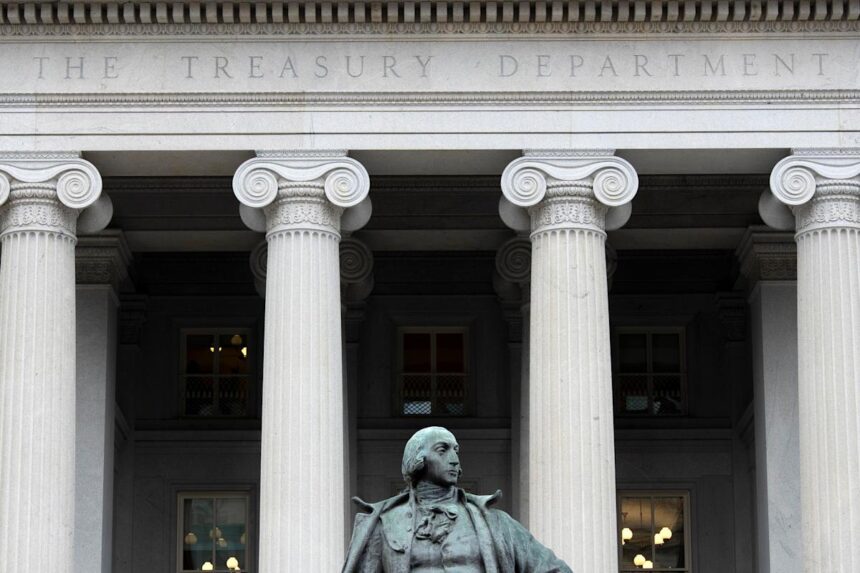A significant action was taken against Iranian financiers and associated entities on Tuesday, as the U.S. Treasury imposed sanctions on two Iranian nationals and over a dozen individuals and firms in Hong Kong and the United Arab Emirates. This move is part of an ongoing effort to disrupt financial operations allegedly designed to facilitate $100 million in cryptocurrency transactions linked to the sale of Iranian oil, benefitting the country’s government and military.
According to the Treasury, Alireza Derakhshan and Arash Estaki Alivand were instrumental in converting oil sales into cryptocurrency, which was then funneled through a network of front companies in various countries. This practice, described as a “shadow banking” operation, allows sanctioned entities like Iran to launder money and avoid detection by using overseas corporations and cryptocurrencies.
John K. Hurley, the Treasury Under Secretary for Terrorism and Financial Intelligence, expressed the U.S. commitment to targeting financial pathways that support Iran’s military ambitions and destabilizing activities in the Middle East. The sanctions follow an executive order issued by former President Donald Trump, known as the National Security Presidential Memorandum 2, which aims to eliminate Iran’s oil exports and prevent it from acquiring nuclear weapons.
As a result of these sanctions, the implicated individuals and firms are barred from accessing any property or financial assets within the U.S. Additionally, it prohibits American companies and citizens from conducting business with these entities.
The increasing use of cryptocurrency by Iran and other sanctioned nations to circumvent economic restrictions has become a concerning trend. A report from the crypto tracking firm Chainalysis highlights that in 2024, jurisdictions and entities under sanctions, including Iran, received $15.8 billion in cryptocurrency, which represents approximately 39% of all illicit transactions in this digital asset space.
These sanctions align with recent actions taken by France, Britain, and Germany, which initiated a “snapback mechanism” to reinstate all United Nations sanctions on Iran due to its non-compliance with the 2015 nuclear deal from which many measures were lifted. Efforts to negotiate a new nuclear agreement between the U.S. and Iran had stalled following military escalations, including the Israeli bombardment of Iranian nuclear and military sites and subsequent U.S. airstrikes.







